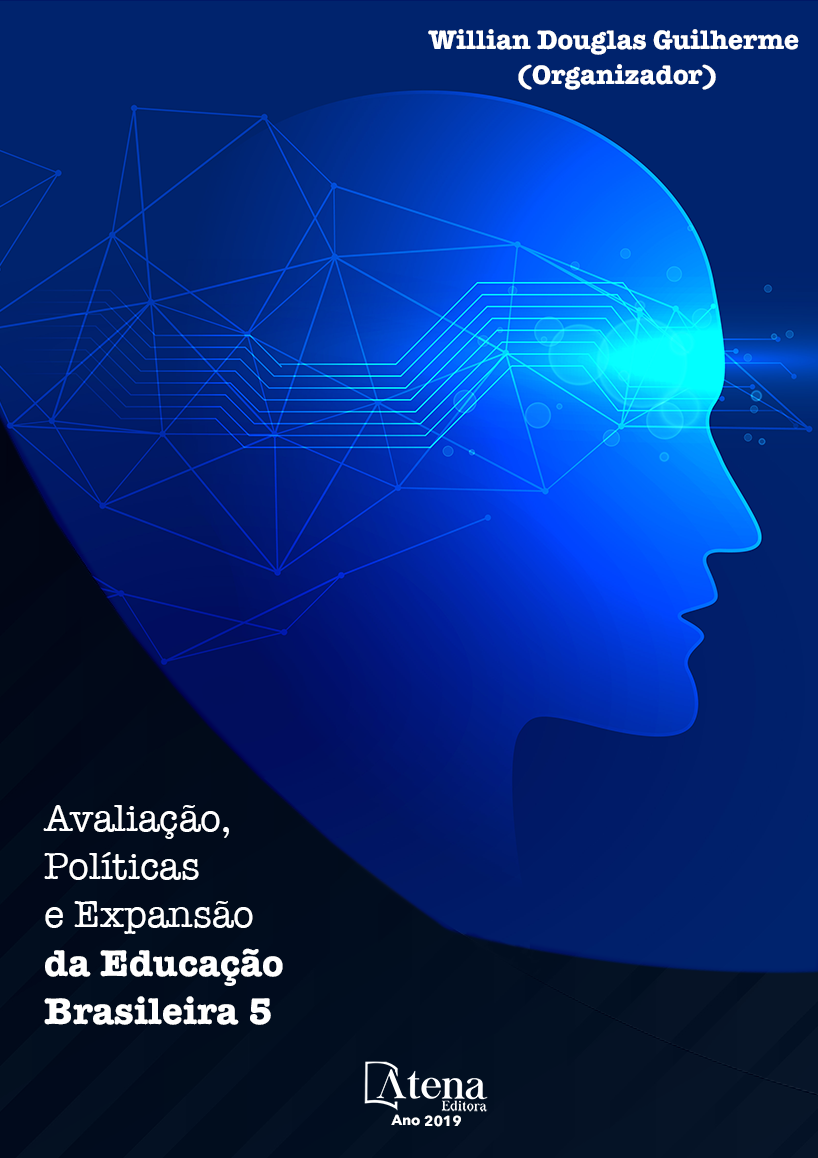
DE INVASÃO SILENCIOSA À ESTRATÉGIA DE SOBREVIVÊNCIA FINANCEIRA PUBLICAMENTE DECLARADA: A INSERÇÃO DE DISCIPLINAS A DISTÂNCIA EM CURSOS PRESENCIAIS DE GRADUAÇÃO
Desde a institucionalização da
educação a distância (EaD) pela LDBEN/96,
muito se tem produzido sobre a expansão
dos cursos de graduação oferecidos nessa
modalidade de ensino, tanto na rede privada
como na rede pública. Entretanto, pouco
se discute sobre as consequências da
possibilidade aberta pela Portaria 4.059/2004
do MEC, de inserção de disciplinas a distância
em até 20% da carga horária total de cursos
presenciais, sem exigência de avaliação prévia
nem acompanhamento específico. Este marco
legal se mostra como uma tendência crescente
utilizada pelas instituições privadas para reduzir
seus custos. É diante deste cenário que se
justifica a proposta do presente texto. Os dados
relatados se baseiam em fontes documentais e
estudos de caso, fruto do trabalho desenvolvido
por um grupo de pesquisadores dedicado ao
estudo da expansão da EaD e os efeitos da
“invasão silenciosa” de disciplinas a distância na
organização curricular dos cursos de graduação
das universidades e na sua própria arquitetura
acadêmica. Dois estudos desenvolvidos em
universidades privadas do Rio de Janeiro,
no biênio 2014/2015, são apresentados com
destaque pela visão atualizada que propiciam
da realidade vivida pelas instituições e por um
de seus principais atores, os estudantes, antes
mesmo do aumento para 40% aprovada em
2018.
DE INVASÃO SILENCIOSA À ESTRATÉGIA DE SOBREVIVÊNCIA FINANCEIRA PUBLICAMENTE DECLARADA: A INSERÇÃO DE DISCIPLINAS A DISTÂNCIA EM CURSOS PRESENCIAIS DE GRADUAÇÃO
-
DOI: 10.22533/at.ed.62719100729
-
Palavras-chave: ensino superior – expansão - privatização – disciplinas a distância – Portaria 4.059/2004Since the institutionalization of distance education (EaD) by LDBEN / 96, much has been produced on the expansion of undergraduate courses offered in this modality of teaching, both in the private network and in the public network. However, there is little discussion about the consequences of the possibility, opened by MEC Ordinance 4.059 / 2004, of inserting distance courses in up to 20% of the total hours of classroom courses, without prior assessment or specific monitoring. This legal framework is seen as a growing trend used by private institutions to reduce their costs. Avaliação, Políticas e Expansão da Educação Brasileira 5 Capítulo 29 315 It is against this background that the proposal of this text is justified. The data reported are based on documentary sources and case studies, as result of the work developed by a group of researchers dedicated to the study of the expansion of EaD and the effects of the “silent invasion” of distance disciplines in the curricular organization of undergraduate courses of the universities and in its own academic architecture. Two studies developed in private universities in Rio de Janeiro, in the biennium 2014/2015, are presented with an emphasis on the updated vision that propitiates the reality lived by the institutions and one of its main actors, the students, even before the actual percentual of 40% aproved since 2018.
-
Keywords: higher education - expansion - privatization - distance education - Administrative Rule 4.059 / 2004
-
Abstract:
Since the institutionalization of
distance education (EaD) by LDBEN / 96,
much has been produced on the expansion of
undergraduate courses offered in this modality
of teaching, both in the private network and
in the public network. However, there is little
discussion about the consequences of the
possibility, opened by MEC Ordinance 4.059
/ 2004, of inserting distance courses in up to
20% of the total hours of classroom courses,
without prior assessment or specific monitoring.
This legal framework is seen as a growing trend
used by private institutions to reduce their costs.
It is against this background that the proposal of this text is justified. The data reported
are based on documentary sources and case studies, as result of the work developed
by a group of researchers dedicated to the study of the expansion of EaD and the
effects of the “silent invasion” of distance disciplines in the curricular organization of
undergraduate courses of the universities and in its own academic architecture. Two
studies developed in private universities in Rio de Janeiro, in the biennium 2014/2015,
are presented with an emphasis on the updated vision that propitiates the reality lived
by the institutions and one of its main actors, the students, even before the actual
percentual of 40% aproved since 2018.
-
Número de páginas: 15
- Ana D’Arc Maia Pinto
- Stella Cecilia Duarte Segenreich


